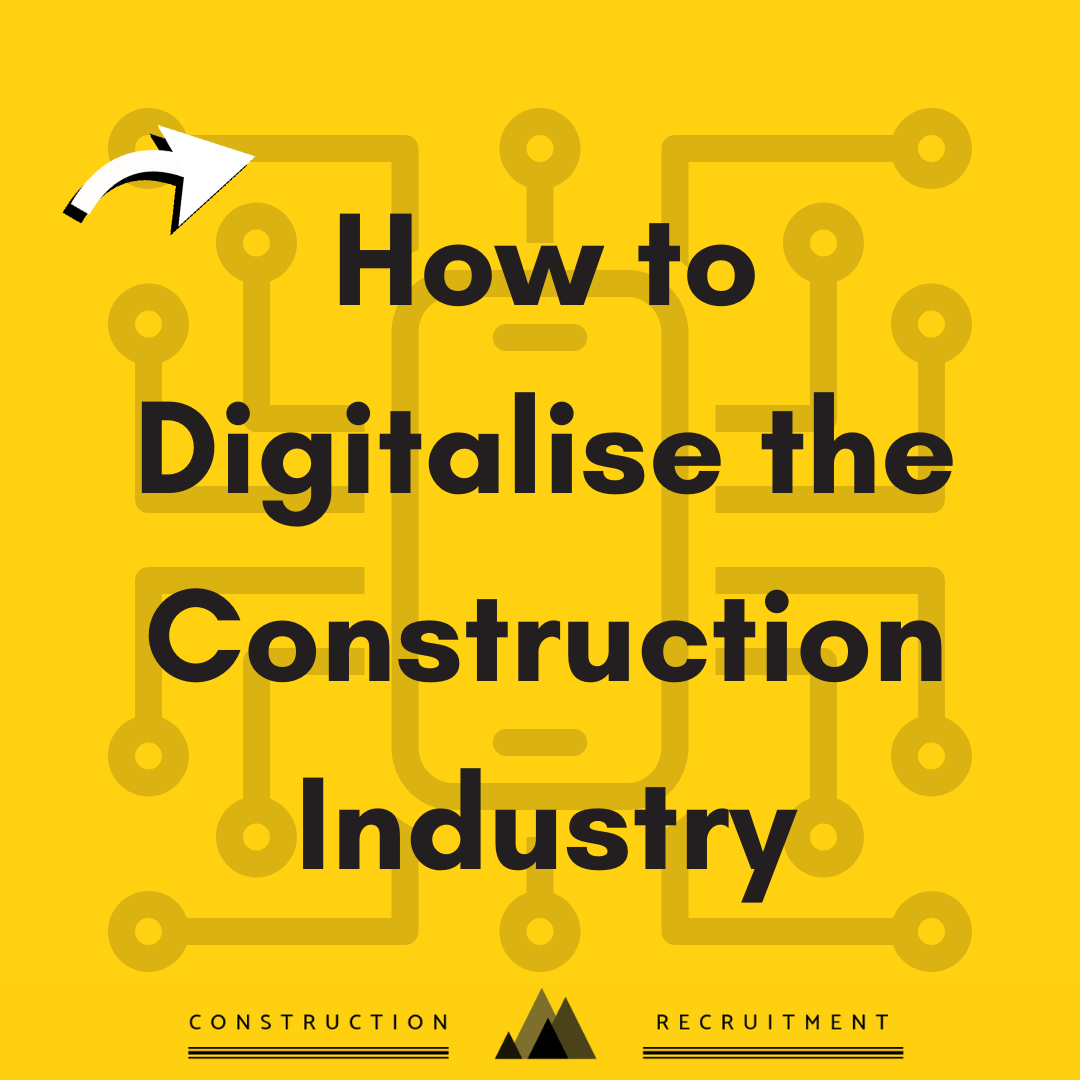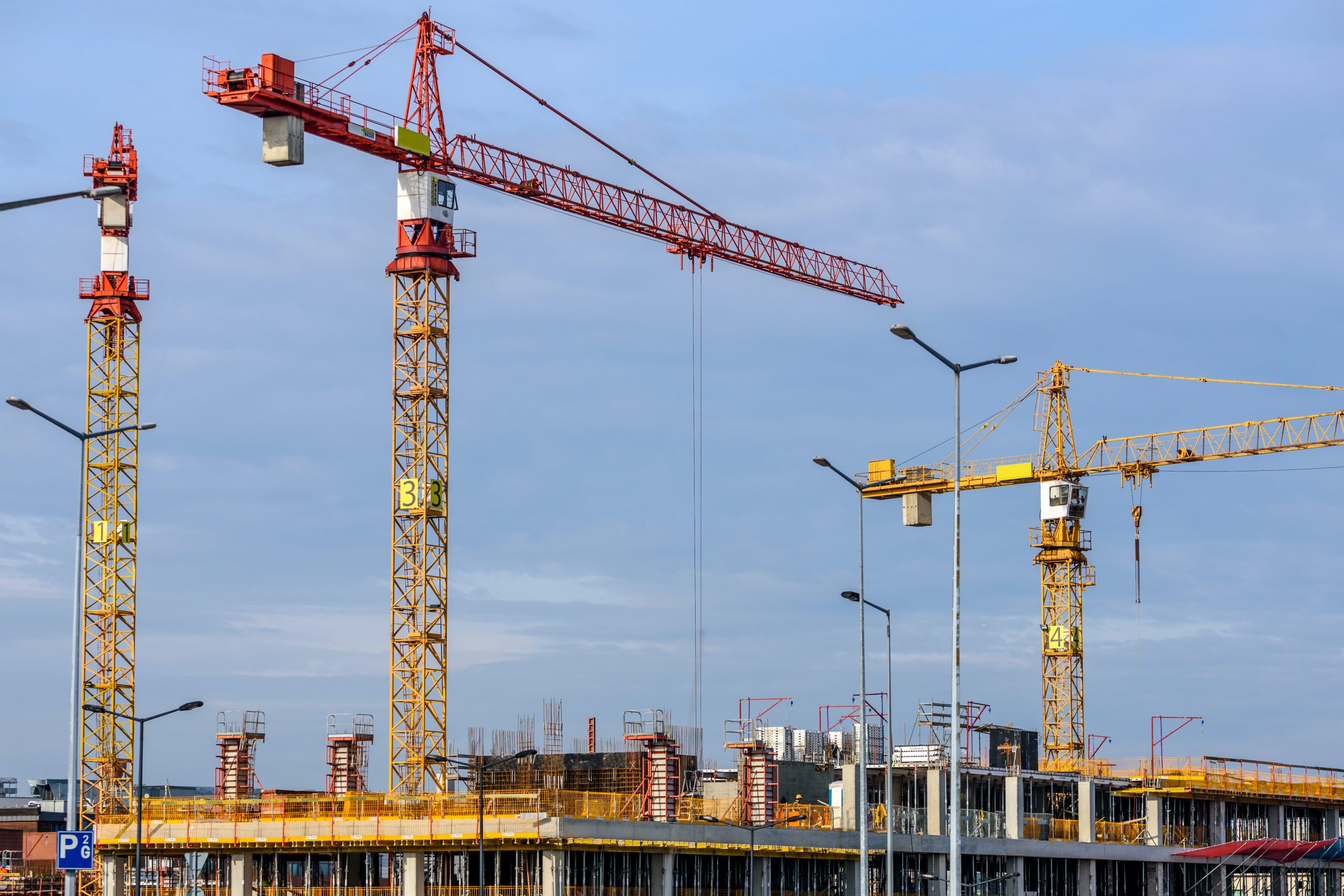
06 Mar How to Digitalise the Construction Industry
The construction industry is sometimes seen as slow to adapt to technology enhancements. There are a lot of ways the construction industry can become more digitalised by embracing technology and leveraging digital tools to enhance various aspects of project management, communication, collaboration, and overall efficiency.
Here are several ways the construction industry can undergo a digital transformation:
Building Information Modeling (BIM)
Implementing BIM allows for the creation and management of digital representations of the physical and functional characteristics of a construction project. BIM enhances collaboration, reduces errors, and improves overall project coordination.
Project Management Software
Utilising project management software helps streamline scheduling, budgeting, and communication. Cloud-based platforms enable real-time collaboration among team members, ensuring everyone has access to the latest project information.
Mobile Apps and Devices
Equipping construction teams with mobile devices and utilising construction-specific apps can improve communication, document management, and on-site data collection. Field workers can access plans, submit reports, and communicate with the office in real-time.
Drones
Drones provide aerial surveys, mapping, and inspection capabilities. They can be used for site assessment, progress monitoring, and safety inspections, saving time and improving accuracy.
IoT (Internet of Things) Sensors
Embedding sensors in construction equipment and materials can provide real-time data on usage, performance, and condition. This data can be analysed to optimise equipment utilisation, predict maintenance needs, and enhance safety.
Digital Twins
Creating digital twins involves creating a virtual replica of a physical asset. In construction, this can be applied to monitor the performance and condition of buildings and infrastructure, allowing for better maintenance and optimisation.
Augmented Reality (AR) and Virtual Reality (VR)
AR and VR technologies can be used for virtual site inspections, training, and project visualisation. They help improve design reviews, simulate construction scenarios, and enhance collaboration.
Robotics and Automation
Integrating robotics and automation in construction processes can improve efficiency and safety. This includes the use of autonomous machinery, 3D printing for construction components, and other automated tasks.
Supply Chain and Logistics Optimisation
Digital tools can be employed to optimise the supply chain and logistics, improving the tracking and management of materials, reducing delays, and minimising waste.
Artificial Intelligence (AI) and Machine Learning (ML)
AI and ML can be utilised for predictive analytics, risk assessment, and decision-making. These technologies can help identify potential issues, analyse data for insights, and optimise project management processes.
Blockchain for Project Management
Implementing blockchain technology can enhance transparency, security, and traceability in project management, particularly in areas like contract management, payments, and document control.
Training and Skill Development
Investing in training programs for construction professionals to acquire digital skills is crucial for successful digitalisation. This includes training on using new software, understanding data analytics, and working with advanced technologies.
To successfully digitalise the construction industry, it’s essential for stakeholders to collaborate, invest in technology, and foster a culture that embraces innovation and digital transformation.
This will result in improved efficiency, reduced costs, and increased overall competitiveness in the construction sector.
Contact Information:



